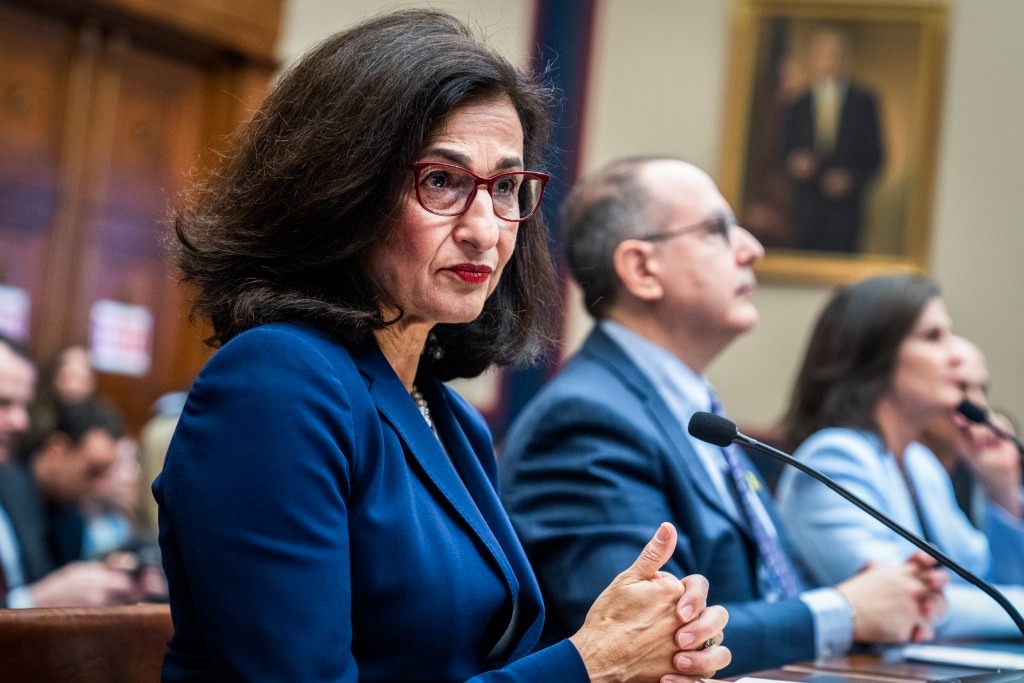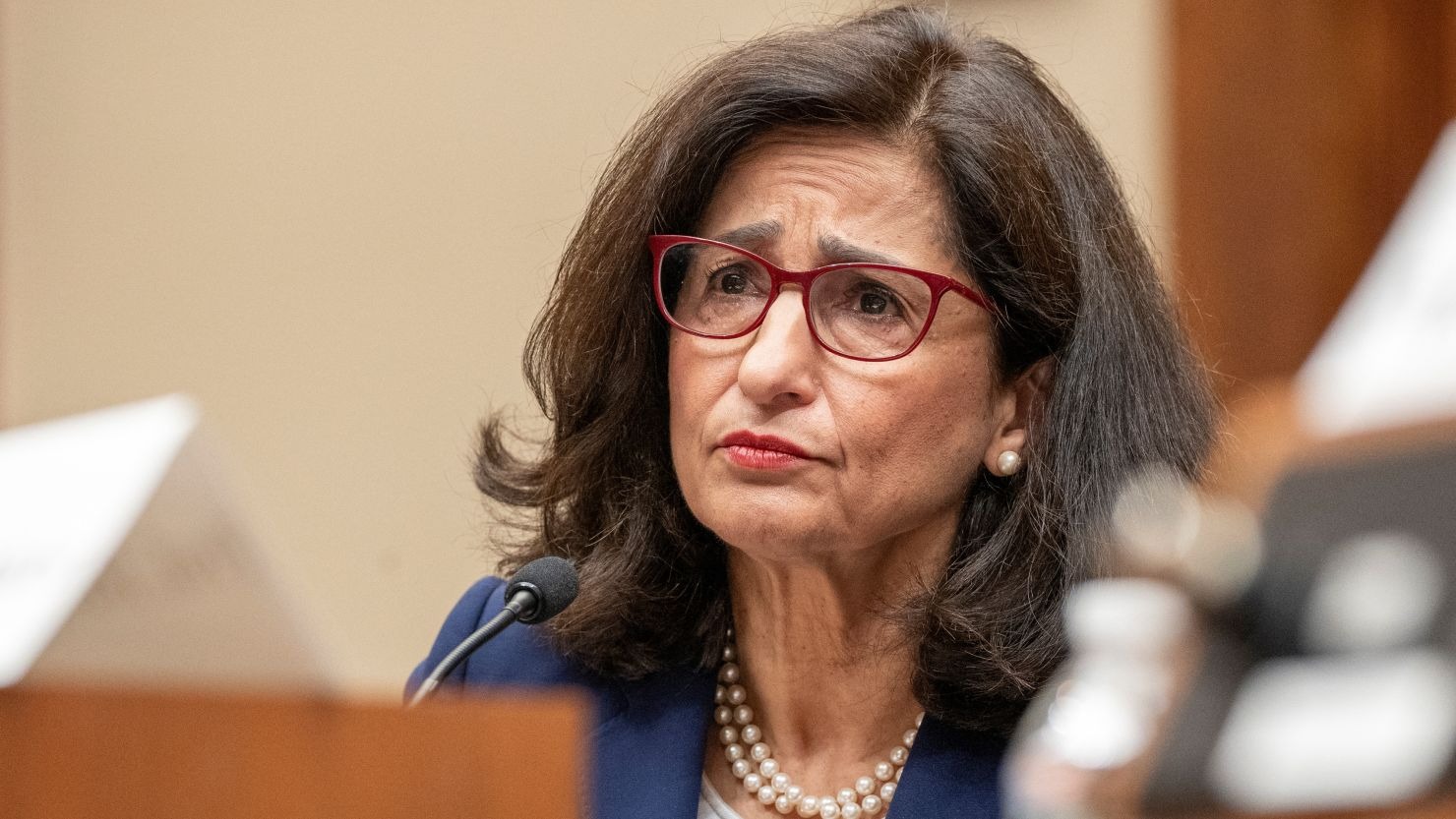Columbia University President Nemat Shafik and two other witnesses appeared before the House Education Committee on Wednesday to discuss antisemitism on university campuses.
Shafik, who could not attend the December hearing that focused on similar concerns at other universities, took the opportunity to share Columbia University’s approach to combating this age-old hatred.
In her opening remarks, Shafik highlighted the profound impact of the Hamas terrorist attack on Israel on October 7, comparing it to the importance of September 11, 2001.

She emphasized the challenges faced by universities like Columbia as a repercussion of such events, particularly given their student bodies’ diverse and politically active nature.
Shafik noted the personal impact of the attack on Jewish and Israeli members of the Columbia community and the resulting tensions and demonstrations on campus.
She highlighted the university’s efforts to prioritize its community members’ physical safety and security. At the same time, also sail through the difficulties of free speech rights and the need for a supportive environment for all students.
Reflecting on the lessons learned from this experience, Shafik underscored the importance of recognizing the genuine political disagreements at play and the need for protected speech on campus, even when it may be uncomfortable for some.
However, she also stressed the importance of drawing a clear line against speech that incites violence or promotes genocide, emphasizing that such rhetoric has no place in a university community.

Shafik acknowledged the difficulty in delineating between permissible and impermissible speech on campus and outlined Columbia’s approach of designating specific spaces for protests to allow for robust debate while minimizing disruptions to core university activities.
She also emphasized the role of universities as communities that should strive to foster understanding and respect among diverse perspectives.
Shafik reiterated the university’s commitment to combating antisemitism and all forms of discrimination, emphasizing the shared responsibility of all community members in creating a more inclusive and compassionate society.
She emphasized the importance of education, community-building, and human decency in shaping citizens who will stand against hate and contribute to a better future.


